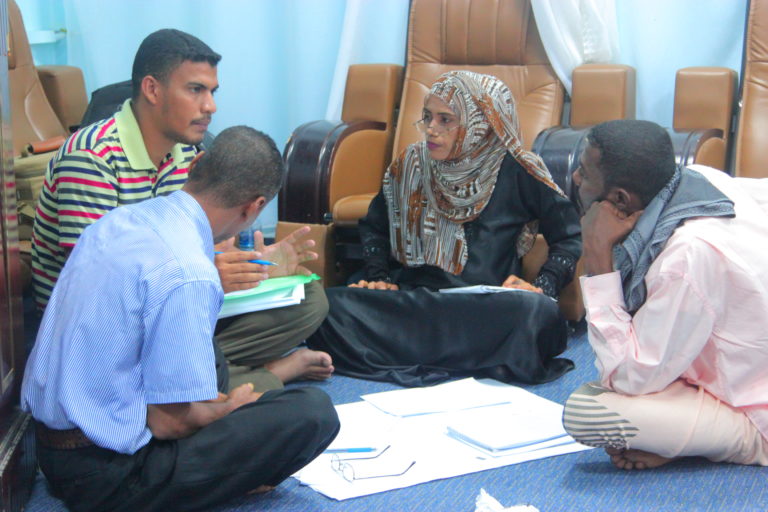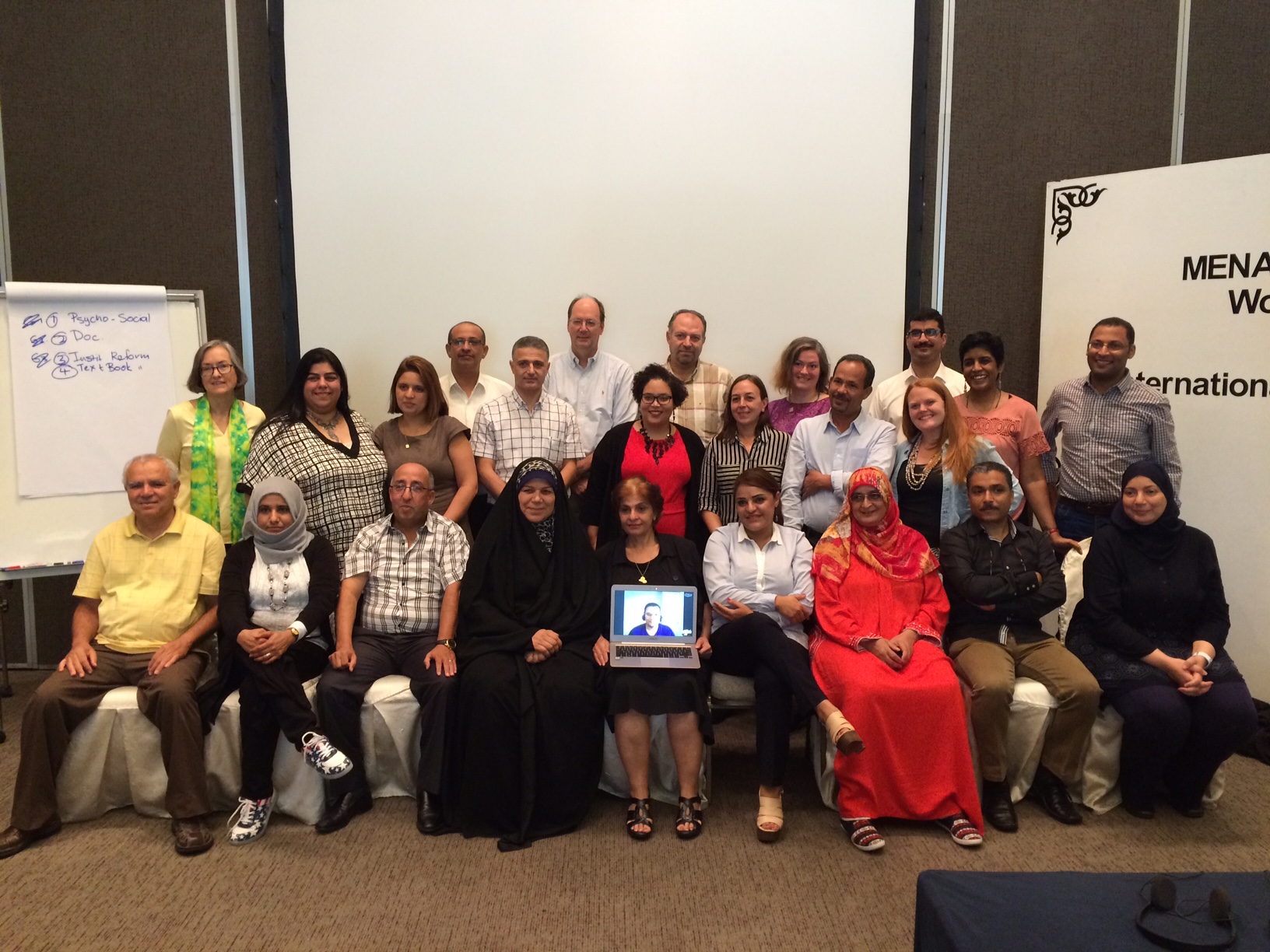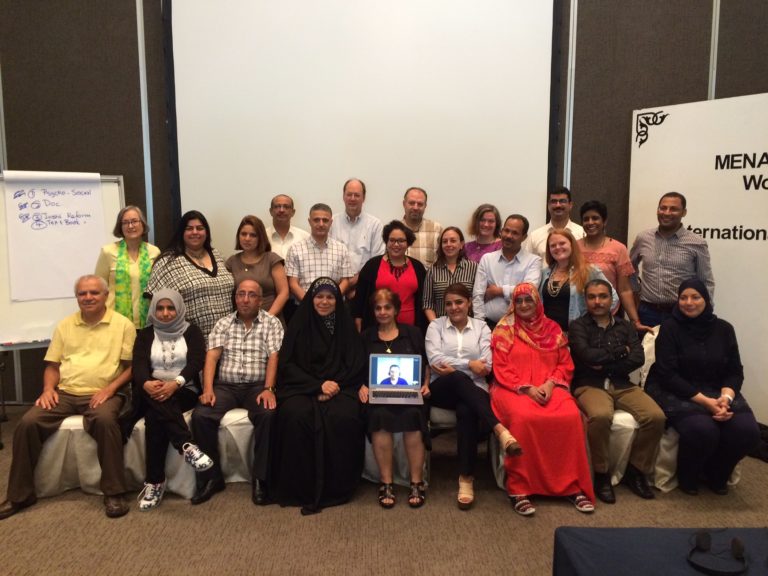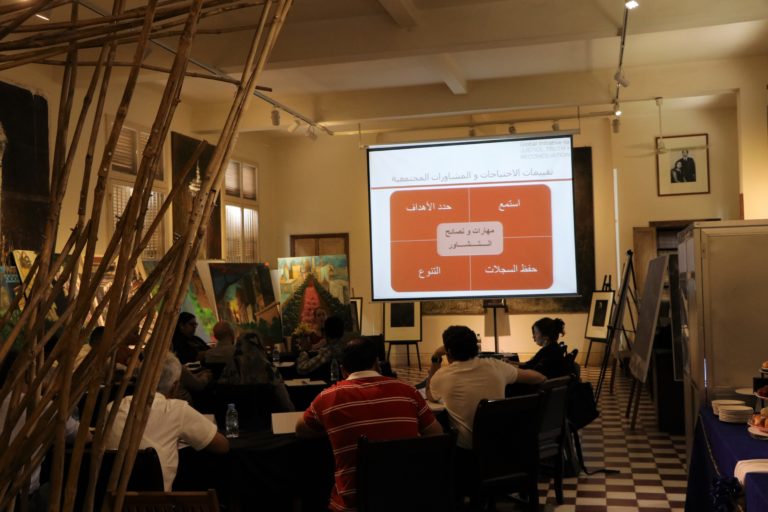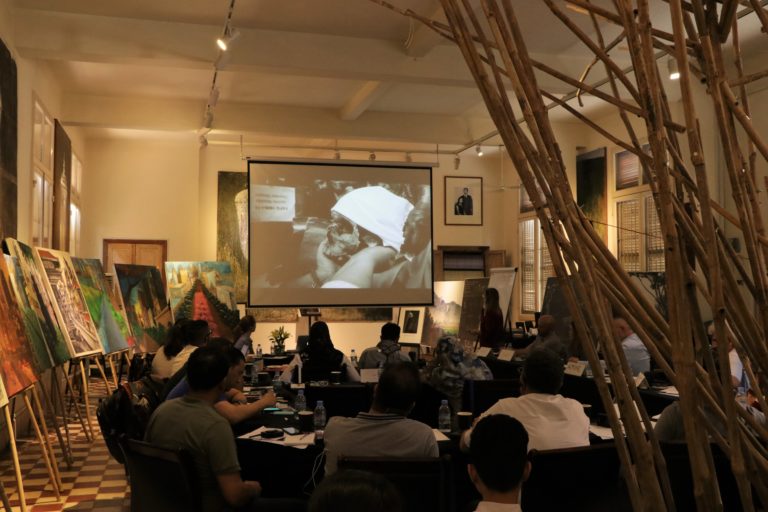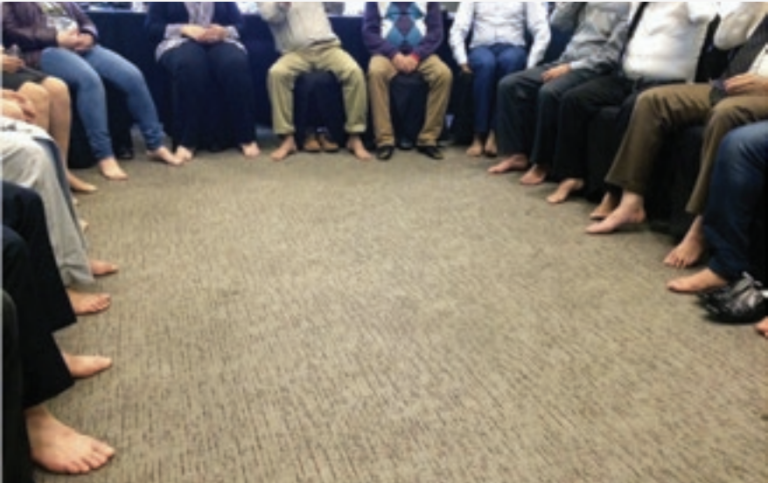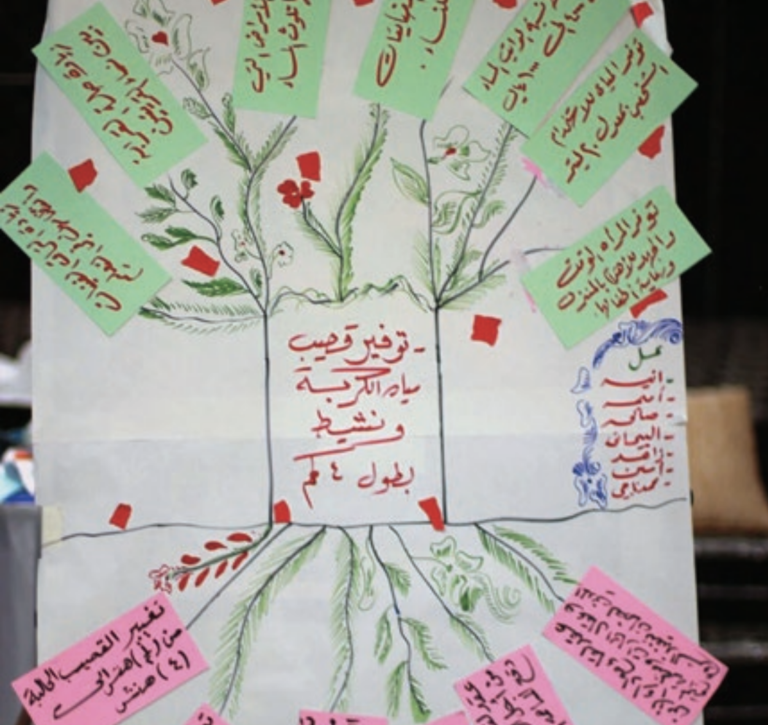MENA Transitional Justice Academy
The MENA Traditional Justice Academy provides trainings and sub-grants to a cohort of activists, academics, practitioners and non-traditional actors in the Middle East and North Africa to increase their knowledge base of transitional justice tools, as well as facilitate the implementation of truth, justice and reconciliation projects designed according to local needs.
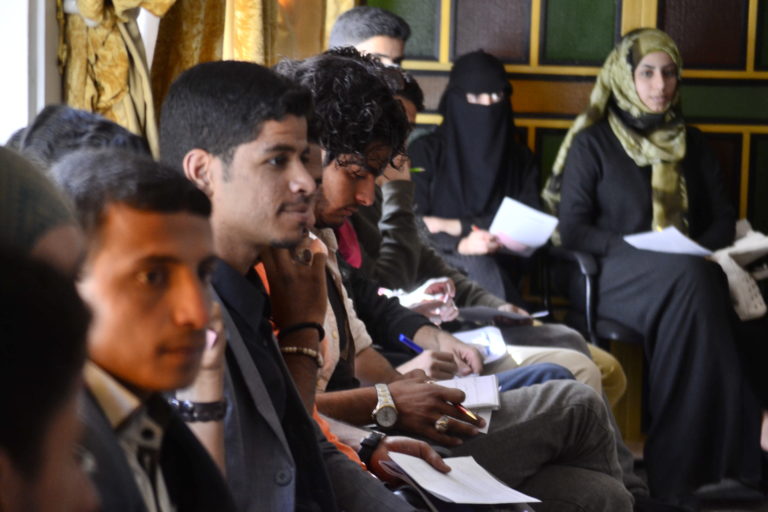
Context
Recent political transitions in the Middle East and North Africa (MENA) show that many countries in the region are facing common challenges with regional dimensions and implications, including protracted conflicts involving multiple parties, forced migration and failed development models. In the face of these shared challenges, regional solutions are essential for laying new and durable foundations to promote future stability. To date, most transitional justice programming in the MENA region has focused on national-level processes and traditional actors, often limited to specific in-country trainings in individual MENA states and on specific aspects of transitional justice. The GIJTR takes a more holistic approach through this project, expanding opportunities for civil society organizations in the region to work together to develop broader regional strategies to address some of their collective challenges and to share experiences.
Program Details
In order to address these needs, the MENA TJ Academy was developed in 2016 by the GIJTR as an integrated approach to addressing civil society organizations’ truth, justice and reconciliation capacity requirements in the region. Informed by the expertise of GIJTR partners’ work in forensics, law, sociology, psychosocial support, memorialization and human rights, the TJ Academy successfully brings together activists and practitioners from a range of MENA states — including Algeria, Egypt, Libya, Morocco, Tunisia, Iraq, Syria and Yemen — to gain an understanding of the key debates in the field related to peace and justice, share experiences of successes and challenges in their work and broadly increase their common knowledge base of transitional justice tools and approaches. The TJ Academy model is unique in that it is the only year-long course of its kind, undertaken in English and Arabic, to combine theoretical modules, practical strategy development sessions focused on the region as a whole and in-country program support, incubation and development in high-risk environments, with an emphasis on security and sustainability.
